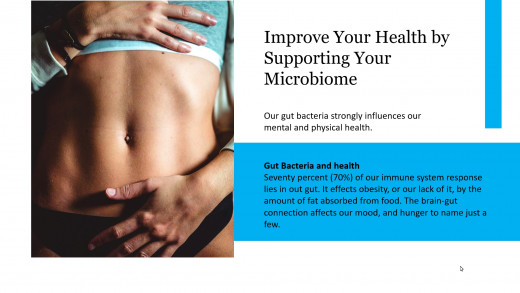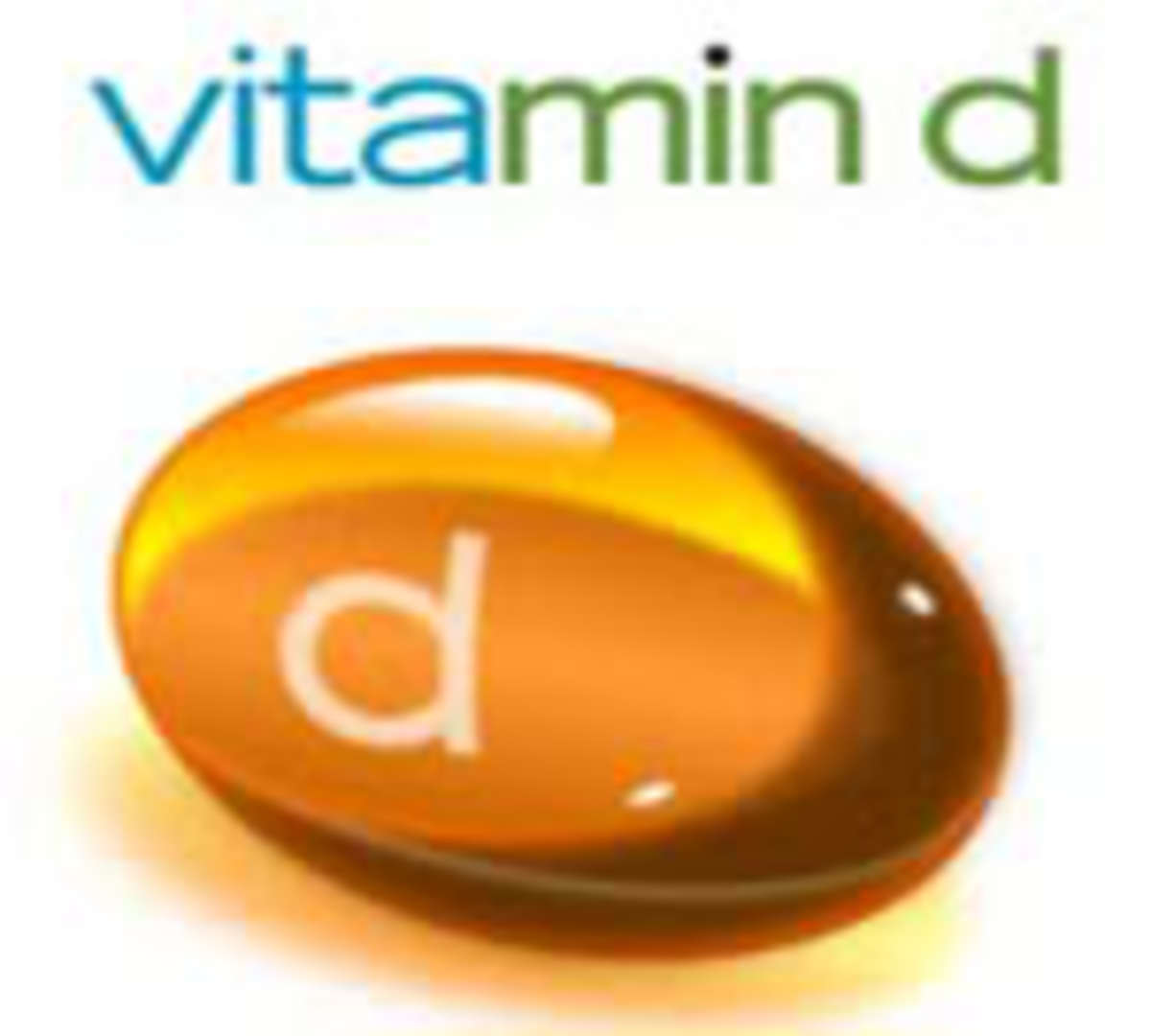Supplements That Boost Your Immune System to Combat Viruses

Whether you're worried about catching a cold, flu or something worse, here are four Over The Counter (OTC) supplements and a few lifestyle tips that are proven to boost your immunity system.
Vitamin C
This is an old standby that has been through the test of time. In 2009 it was in use successfully to combat the H1N1 swine flu epidemic. The US Government is beginning trails to check the effectiveness of Vitamin C against the coronavirus Covid-19 (Source 1)
A meta-analysis of 27 vitamin C studies show that vitamin C reduces the severity and length of viral infections like colds. (Source 2)
Quercetin
This supplement boosts immunity and helps fight viral infection. In one study, mice infected with an influenza virus, found quercetin inhibited influenza A virus replication better than the anti-flu drug Tamiflu.(Source 3), (Source 4)
Other studies show the effectiveness of quercetin inhibiting replication of other virus like hepatitis C and the common cold.
Adult cyclists who were given 1000 mg of quercetin/day were significantly less likely to develop upper respiratory tract infections URTI. Only 5% of the treated group got sick compared to 45% of the untreated group. (Source 5)
Two expert virology experts, Neiman and Ahmed study shown than older adults supplementing with quercetin were 31% less likely to call in sick due to an upper respiratory infection, (colds or flu) and the severity of any infections were 36% lower. (Source 6)
Vitamin D
Unlike the two supplements already discussed, vitamin D, seems to support our immune system rather than inhibit the viral infection itself. It appears to help the body combat the infection. It reduces the inflammation response. A meta-analysis of 25 trials have shown that vitamin D protects against acute respiratory infections. (Source 7)
To be effective vitamin D levels needs to be maintained throughout the year. To check vitamin D levels requires a blood test. You should be looking to increase your vitamin D levels to around 50 nanograms per milliliter (50 ng/ml)
Zinc
Zinc also inhibits the replication of viruses. The most important fact about zinc, is that it is used to treat rather than prevent. So at the first signs of an infection, is when you ought to start using zinc. (Source 8)
Dosages:
The RDA for vitamin C is a little under 100 mg (milligrams) per day. I would supplement with 500–1000 milligrams per day. If you become ill, you may want to increase this dose.
The RDA for Quercetin has not been established. Most human studies quoted in this article used between 500–1000 mg per day.
The RDA for vitamin D is between 400–800 international units (IU) per day depending upon age. Without a blood test, you don’t know your serum level of vitamin D. I would begin supplementing with 5000 IU per day.
The RDA for zinc is 8 mg/day for women and 11/mg per day for men.
The best form of zinc to take are zinc lozenge. In 2009 the FDA recommended not to use zinc nasal sprays. The lozenge should contain between 13 and 26 milligrams of zinc. To be effective the lozenge should be sucked and allowed to slowly dissolve in your mouth to coat your throat.
The upper limit for zinc supplements is about 40 milligrams per day. This limit can be exceeded for a short amount of time needed to combat a viral infection.
Lifestyle That Keep Your Immune System Working
Aside from supplements here are other things that keep your immune system running in peak condition.
Exercise
People avoid the gym because the equipment is full of germs. But exercise boosts your immune system. It gets your blood circulating and reduces stress hormones, which improves your body’s response to illness. Exercise is bi-phasic. If you go overboard with working out it could depress your immune system not enhance it. The sweet spot for most people is 30–60 minutes every other day.
Diet
As I explained in my article on gut bacteria and our microbiome, seventy percent of our immune system response lies in our gut. Simple precautions to take to keep our gut bacteria happy is to eat whole foods and avoid processed and fried foods.

Sleep
Sleep is critical to a good immune system response. Proof of this lies in a sleep study performed in 2015. This sleep study has shown that people with adequate sleep were fours times less likely to catch a cold, than people who had less than 6 hours sleep.
Conclusion
If you take the supplements and follow the general guidelines will help keep your immune system in good fighting order.
References:
- https://clinicaltrials.gov/ct2/show/NCT04264533
- https://www.ncbi.nlm.nih.gov/pubmed/23440782
- https://bmccomplementmedtherapies.biomedcentral.com/articles/10.1186/s12906-019-2774-3
- https://www.ncbi.nlm.nih.gov/pmc/articles/PMC3931198/
- https://www.ncbi.nlm.nih.gov/pubmed/17805089
- https://www.vitalchoice.com/article/do-foodborne-antioxidants-fight-viruses
- https://www.bmj.com/content/356/bmj.i6583
- https://journals.plos.org/plospathogens/article?id=10.1371/journal.ppat.1001176
© 2020 John Iovine








